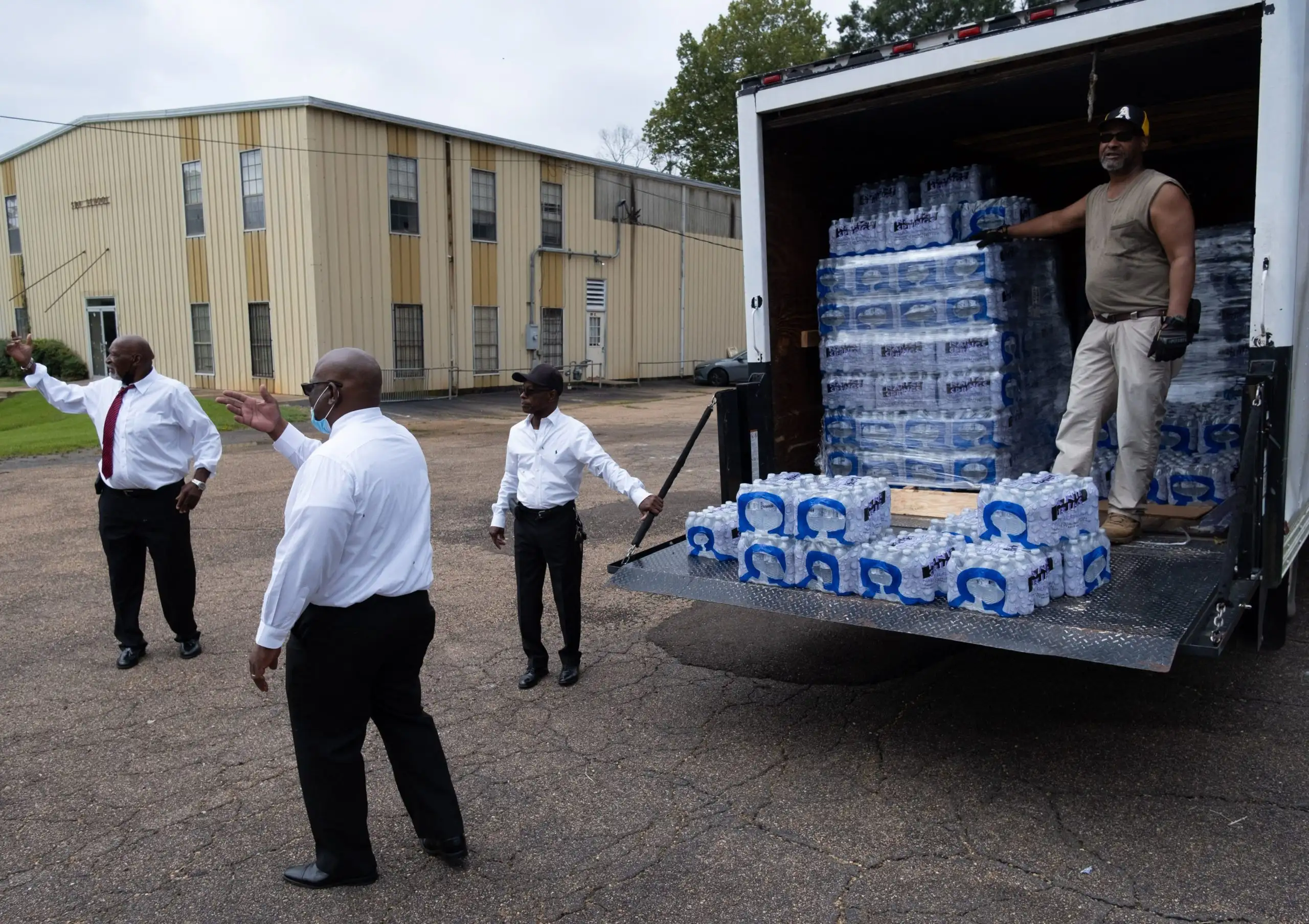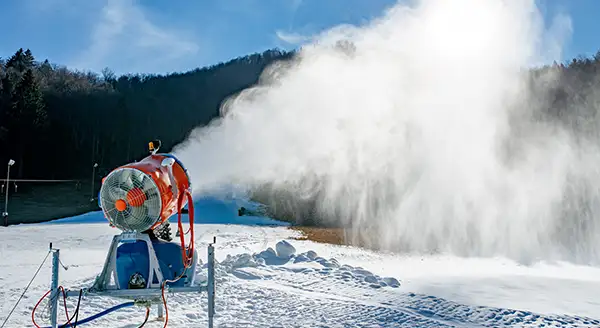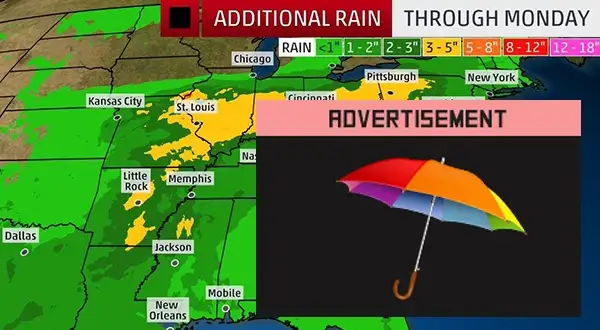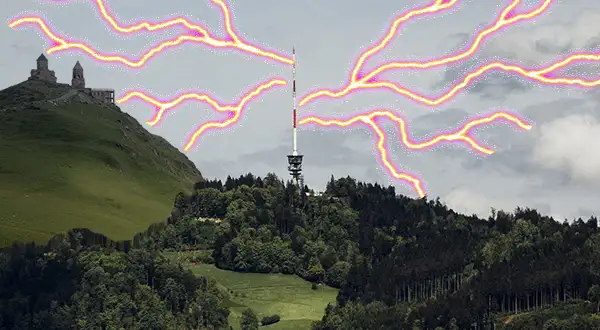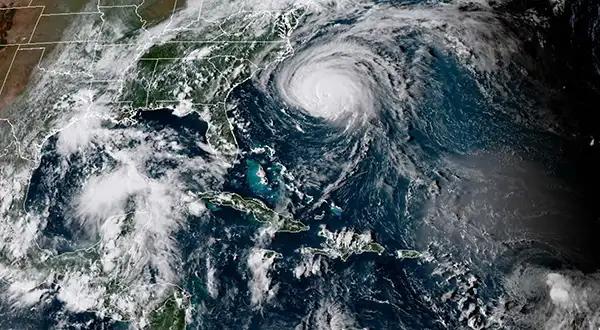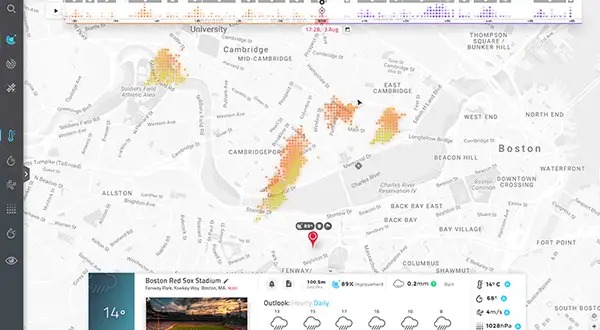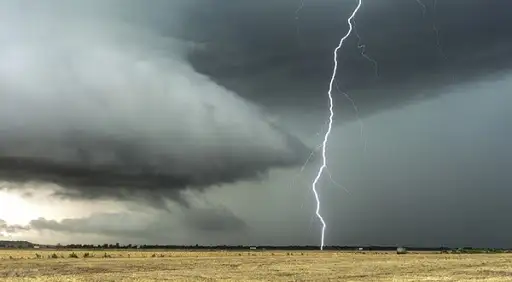Valued at $7B and growing, the private weather forecasting biz in the US is booming. Startups like Spire and ClimaCell are selling weather data captured from satellites, cell signals, and other sources.
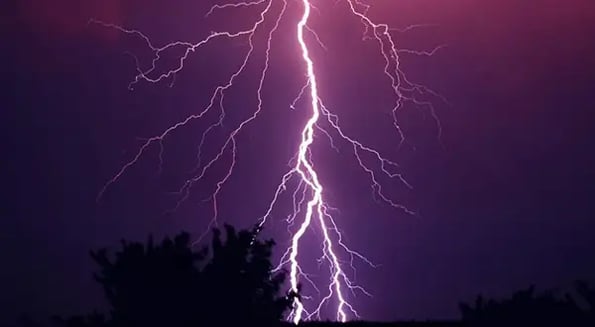
And this year IBM announced it’s developed a model that can precisely predict weather in places that used to rely on general predictions, like Africa and South America.
Sounds like a good thing, but there are reasons to be concerned. More privately collected weather data could make it more difficult to access the most reliable forecasts. Unless you drop some cash.
Private, for-profit weather companies used to rely on government data
They made money by repackaging this freely available data for clients such as airlines and power companies. Now that private companies are amassing their own data — often through more sophisticated systems than the National Weather Service — the NWS may need to partner with the private sector to get the best data.
But some people in the industry fear these partnerships may come with a cost to the consumer if, for example, their partners restrict broad sharing — with both the public and the World Meteorological Organization. (Subscription weather services, anyone?)
Precise, timely weather warnings can mean life or death…
… and will only become more crucial as we continue to experience more extreme weather more frequently, due in part to climate change.
Whether the weather biz, and the emerging tech associated with it, improves forecasts (and outcomes) for all or creates a system where some people pay for the most precise info is yet to be seen.

